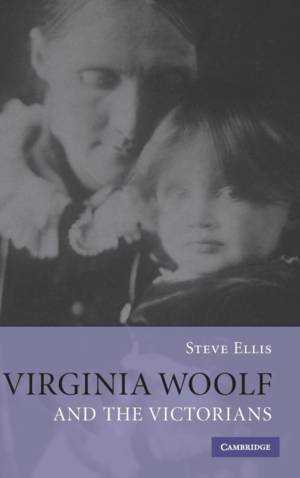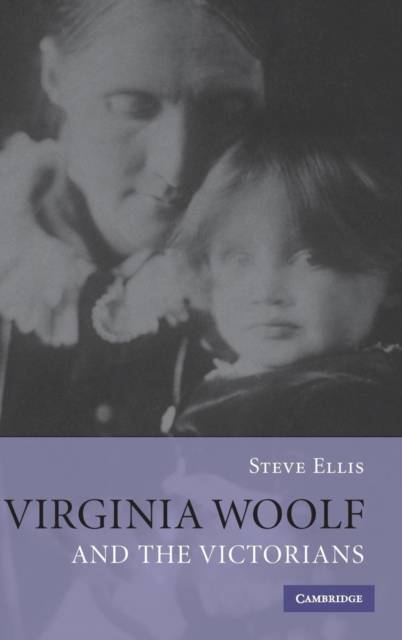
Door een staking bij bpost kan je online bestelling op dit moment iets langer onderweg zijn dan voorzien. Dringend iets nodig? Onze winkels ontvangen jou met open armen!
- Afhalen na 1 uur in een winkel met voorraad
- Gratis thuislevering in België vanaf € 30
- Ruim aanbod met 7 miljoen producten
Door een staking bij bpost kan je online bestelling op dit moment iets langer onderweg zijn dan voorzien. Dringend iets nodig? Onze winkels ontvangen jou met open armen!
- Afhalen na 1 uur in een winkel met voorraad
- Gratis thuislevering in België vanaf € 30
- Ruim aanbod met 7 miljoen producten
Zoeken
Omschrijving
Criticism of Woolf is often polarised into viewing her work as either fundamentally progressive or reactionary. In this 2007 book, Steve Ellis argues that her commitment to anxiety about modernity coexists with a nostalgia and respect for aspects of Victorian culture threatened by radical social change. Ellis tracks Woolf's response to the Victorian era through her fiction and other writings, arguing that Woolf can be seen as more 'Post-Victorian' than 'modernist'. He explains how Woolf's emphasis on continuity and reconciliation related to twentieth-century debates about Victorian values, and he analyses her response to the First World War as the major threat to that continuity. This detailed and original investigation of the range of Woolf's writing attends to questions of cultural and political history and fictional structure, imagery and diction. It proposes a fresh reading of Woolf's thinking about the relationships between the past, present and future.
Specificaties
Betrokkenen
- Auteur(s):
- Uitgeverij:
Inhoud
- Aantal bladzijden:
- 224
- Taal:
- Engels
Eigenschappen
- Productcode (EAN):
- 9780521882897
- Verschijningsdatum:
- 10/12/2007
- Uitvoering:
- Hardcover
- Formaat:
- Genaaid
- Afmetingen:
- 162 mm x 229 mm
- Gewicht:
- 494 g

Alleen bij Standaard Boekhandel
+ 345 punten op je klantenkaart van Standaard Boekhandel
Beoordelingen
We publiceren alleen reviews die voldoen aan de voorwaarden voor reviews. Bekijk onze voorwaarden voor reviews.











